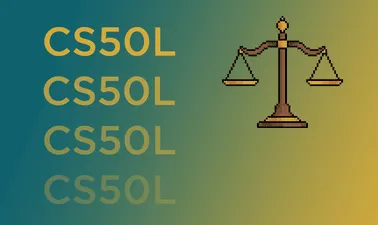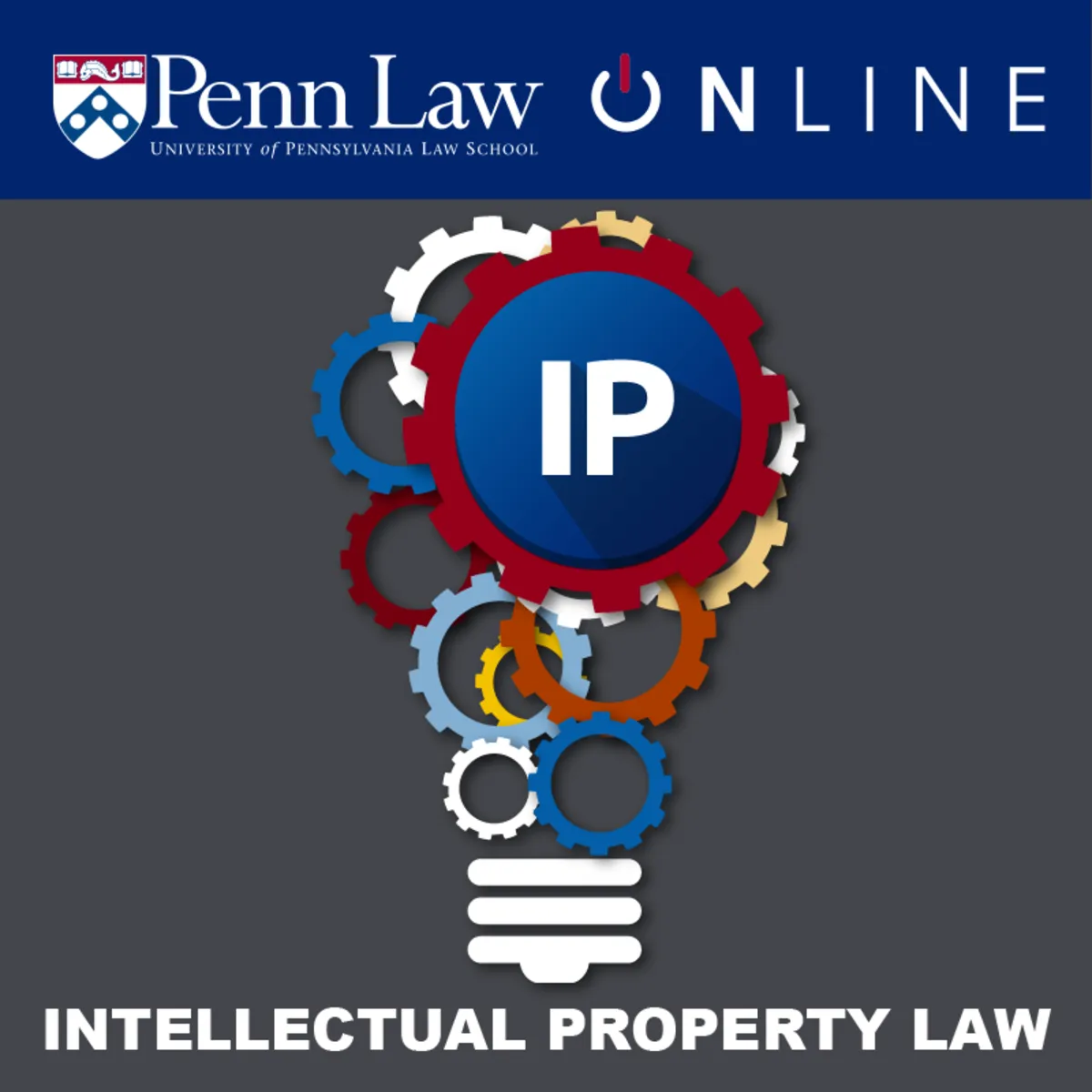
CS50s Computer Science for Lawyers 
This course is designed to equip lawyers and law students with the skills to understand the legal implications of technological decisions. Through a mix of technical instruction and case studies, students will gain hands-on experience with Python and SQL, and learn about algorithms, cloud computing, databases, networking, privacy, programming, scalability, security, and more. This course will help students become informed contributors to technology-driven conversations and prepare them to make technology-informed legal arguments. ▼
ADVERTISEMENT
Course Feature
![]() Cost:
Cost:
Free
![]() Provider:
Provider:
Edx
![]() Certificate:
Certificate:
Paid Certification
![]() Language:
Language:
English
![]() Start Date:
Start Date:
13th Sep, 2019
Course Overview
❗The content presented here is sourced directly from Edx platform. For comprehensive course details, including enrollment information, simply click on the 'Go to class' link on our website.
Updated in [May 25th, 2023]
CS50s Computer Science for Lawyers is a course designed to provide lawyers and law students with an introduction to computer science. This course is a variant of HarvardUniversity's CS50, which takes a bottom-up approach to teaching computer science, emphasizing mastery of low-level concepts and implementation details. In contrast, this course takes a top-down approach, focusing on high-level concepts and design decisions related to them.
The course is designed to equip students with a deeper understanding of the legal implications of technological decisions made by clients. Through a mix of technical instruction and discussion of case studies, students will gain the knowledge and skills to be informed contributors to technology-driven conversations. In addition, they will be able to formulate technology-informed legal arguments and opinions.
The course will cover topics such as algorithms, cloud computing, databases, networking, privacy, programming, scalability, security, and more. Students will gain hands-on experience with Python and SQL, languages via which they can mine data for answers themselves.
At the end of the course, students will have a first-hand appreciation of how computer science works and be more confident in the factors that should guide their decision-making. This course is ideal for lawyers and law students who want to gain a better understanding of computer science and its implications for legal practice.
[Applications]
Those who have completed CS50s Computer Science for Lawyers will be able to apply their knowledge to a variety of legal contexts. They will be able to use their programming skills to mine data for answers, as well as to formulate technology-informed legal arguments and opinions. They will also be better equipped to understand the legal implications of technological decisions made by clients, and to be informed contributors to technology-driven conversations. Furthermore, they will have a deeper appreciation of algorithms, cloud computing, databases, networking, privacy, programming, scalability, security, and more.
[Career Paths]
1. Software Developer: Software developers create, test, and maintain software applications and systems that allow users to perform specific tasks on computers or other devices. They use programming languages and software engineering principles to develop, debug, and maintain software applications. As technology advances, software developers will need to stay up-to-date on the latest trends and tools in order to remain competitive.
2. Data Scientist: Data scientists analyze large amounts of data to identify patterns and trends. They use their findings to develop solutions to business problems and create new products and services. As data becomes increasingly important to businesses, data scientists will be in high demand.
3. Cybersecurity Analyst: Cybersecurity analysts are responsible for protecting an organization's computer systems and networks from cyber attacks. They use a variety of tools and techniques to identify and mitigate potential threats. As cyber threats become more sophisticated, cybersecurity analysts will need to stay up-to-date on the latest trends and technologies in order to protect their organizations.
4. Patent Attorney: Patent attorneys specialize in patent law and help clients protect their intellectual property. They research existing patents and advise clients on how to protect their inventions. As technology advances, patent attorneys will need to stay up-to-date on the latest trends and technologies in order to provide the best advice to their clients.
[Education Paths]
1. Bachelor of Science in Computer Science: This degree path provides students with a comprehensive understanding of computer science fundamentals, including programming, algorithms, data structures, operating systems, and software engineering. Students will also learn about the latest trends in computer science, such as artificial intelligence, machine learning, and cloud computing. This degree path is ideal for those looking to pursue a career in software engineering, computer programming, or data science.
2. Master of Science in Computer Science: This degree path provides students with an advanced understanding of computer science topics, such as computer architecture, computer networks, and distributed systems. Students will also learn about the latest developments in computer science, such as artificial intelligence, machine learning, and cloud computing. This degree path is ideal for those looking to pursue a career in research, software engineering, or data science.
3. Juris Doctor in Technology Law: This degree path provides students with a comprehensive understanding of the legal implications of technological decisions made by clients. Students will learn about the legal aspects of computer science, such as intellectual property, privacy, and cybersecurity. This degree path is ideal for those looking to pursue a career in technology law, patent law, or legal services.
4. Master of Laws in Technology Law: This degree path provides students with an advanced understanding of the legal implications of technological decisions made by clients. Students will learn about the legal aspects of computer science, such as intellectual property, privacy, and cybersecurity. This degree path is ideal for those looking to pursue a career in technology law, patent law, or legal services.
Course Provider

Provider Edx's Stats at AZClass
Discussion and Reviews
0.0 (Based on 0 reviews)
Explore Similar Online Courses

Google SEO Fundamentals

Intellectual Property Law in Digital Age

Python for Informatics: Exploring Information

Social Network Analysis

Introduction to Systematic Review and Meta-Analysis

The Analytics Edge

DCO042 - Python For Informatics

Causal Diagrams: Draw Your Assumptions Before Your Conclusions

Whole genome sequencing of bacterial genomes - tools and applications

A Law Students Toolkit

Citizenship and the Rule of Law

Introduction to Intellectual Property
 Related Categories
Related Categories
 Popular Providers
Popular Providers
Quiz
 Submitted Sucessfully
Submitted Sucessfully
1. What is the main focus of CS50s Computer Science for Lawyers?
2. What type of approach does CS50s Computer Science for Lawyers take?
3. Which of the following topics are covered in CS50s Computer Science for Lawyers?


Start your review of CS50s Computer Science for Lawyers